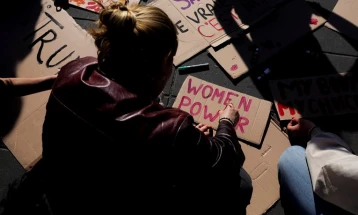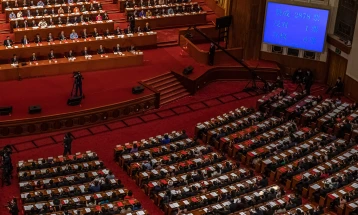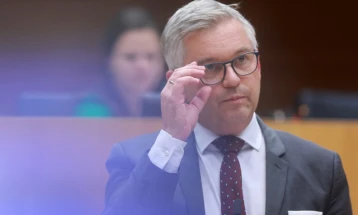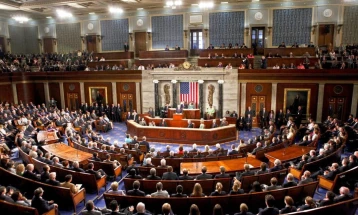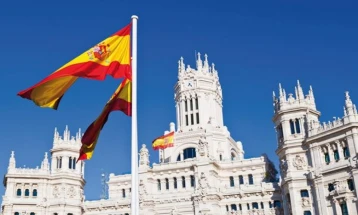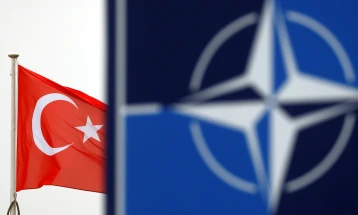No new joint debt in EU Commission plans to help clean tech industry
- European Commission President Ursula von der Leyen announced plans on Wednesday to develop a support fund as well as allow greater state-aid subsidies to help the European clean energy techno
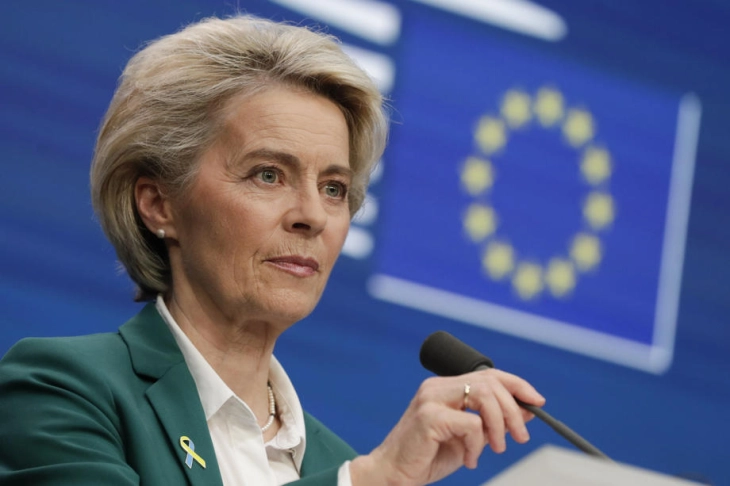
Brussels, 1 February 2023 (dpa/MIA) - European Commission President Ursula von der Leyen announced plans on Wednesday to develop a support fund as well as allow greater state-aid subsidies to help the European clean energy technology industry compete with the United States and China.
The commission president however did not include plans for new joint debt. "We need to work with what we have right now," she said in Brussels, outlining measures to repurpose existing EU funds.
The strategy aims to head off the risk of the bloc's industry - struggling with the European Union's high energy costs - relocating to the US or China, lured by the likes of Washington's Inflation Reduction Act (IRA), with includes subsidies and tax credits worth $369 billion.
According to the commission, China plans to invest more than €260 billion ($280 billion) in the clean tech industry. Japan aims to invest €140 billion.
How the market for clean technology will be formed and "where it is located" will be decided in the coming years, von der Leyen said, describing the next decade as decisive for the bloc's success.
To stay competitive, the commission plan focuses on industrial targets, redirecting existing EU funds, and relaxing state aid rules for certain sectors for limited periods until 2025.
The commission intends to allow EU countries to back investments in sources of renewable energy including solar panels, wind turbines, heat-pumps, batteries production, and the raw materials necessary for their production.
EU Competition Commissioner Margrethe Vestager stressed the temporary nature of the rule changes in the plan but acknowledged the risk of a subsidies race between EU member states.
"Whatever we do, we must avoid a subsidy race. If we compete individually as member states, well, we will lose as a whole," she said.
Vestager also said EU members can match subsidies offered by non-EU countries.
"To put it simply, if a company is offered a billion dollars by a third country to support, for instance, a new battery plant, well, then a member state could offer the same," she said.
EU countries are to receive guidance on how to repurpose their Covid-19 recovery funds to include tax breaks for business investments in clean-tech projects.
"It's fast, it's predictable, it is targeted," von der Leyen said, praising the tax breaks as offering similar support offered from competitors like the US.
Issuing permits for the deployment of clean technology faster should go hand in hand with state support for these projects, according to the commission
The absence of plans for new joint debt to subsidize investments, is likely to disappoint EU countries with less financial firepower than Germany to compete in state support.
"To put it bluntly, the proposal is extremely helpful to two Member States, the Federal Republic and the French government," said Rasmus Andresen, an EU lawmaker from the German Green party. "It is not helpful at all to very, very many other states," he said.
To address this the commission intends to start work on a support fund, dubbed the "European Sovereignty Fund" before the summer as part of a revision of the bloc's long-term EU budget, von der Leyen said.
The commission's plan notes the vast majority of investments necessary need to come from the private sector and hopes the public money can attract the massive private funds required.
Von der Leyen also bundled a forthcoming reform of the EU's electricity market and a strategy to secure more critical raw material supplies in the plan to keep European industry competitive and to reach the bloc's goal of carbon neutrality by 2050.
